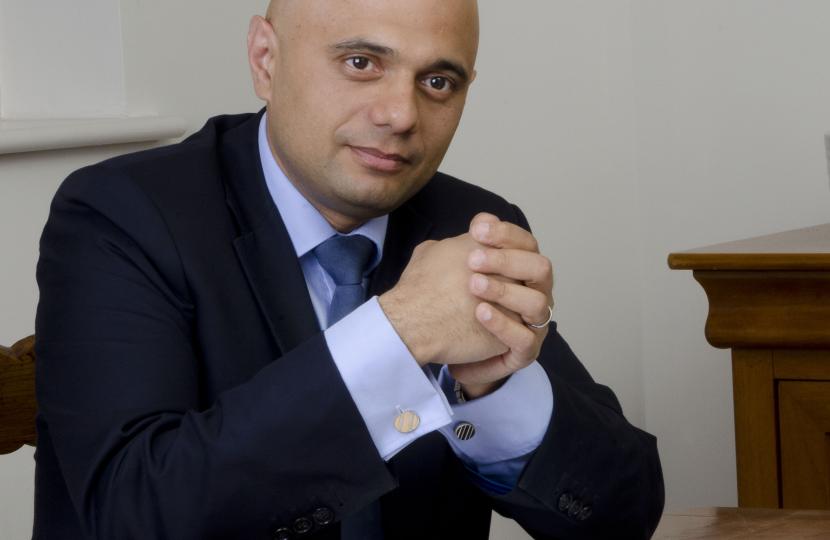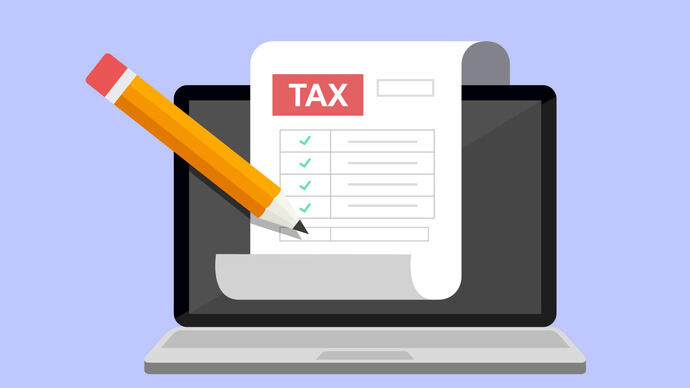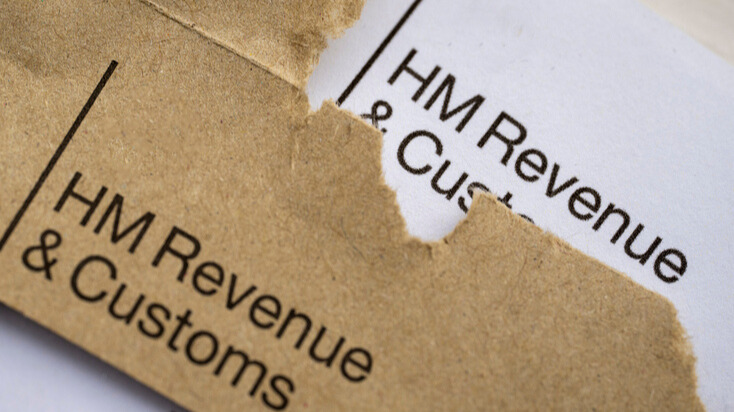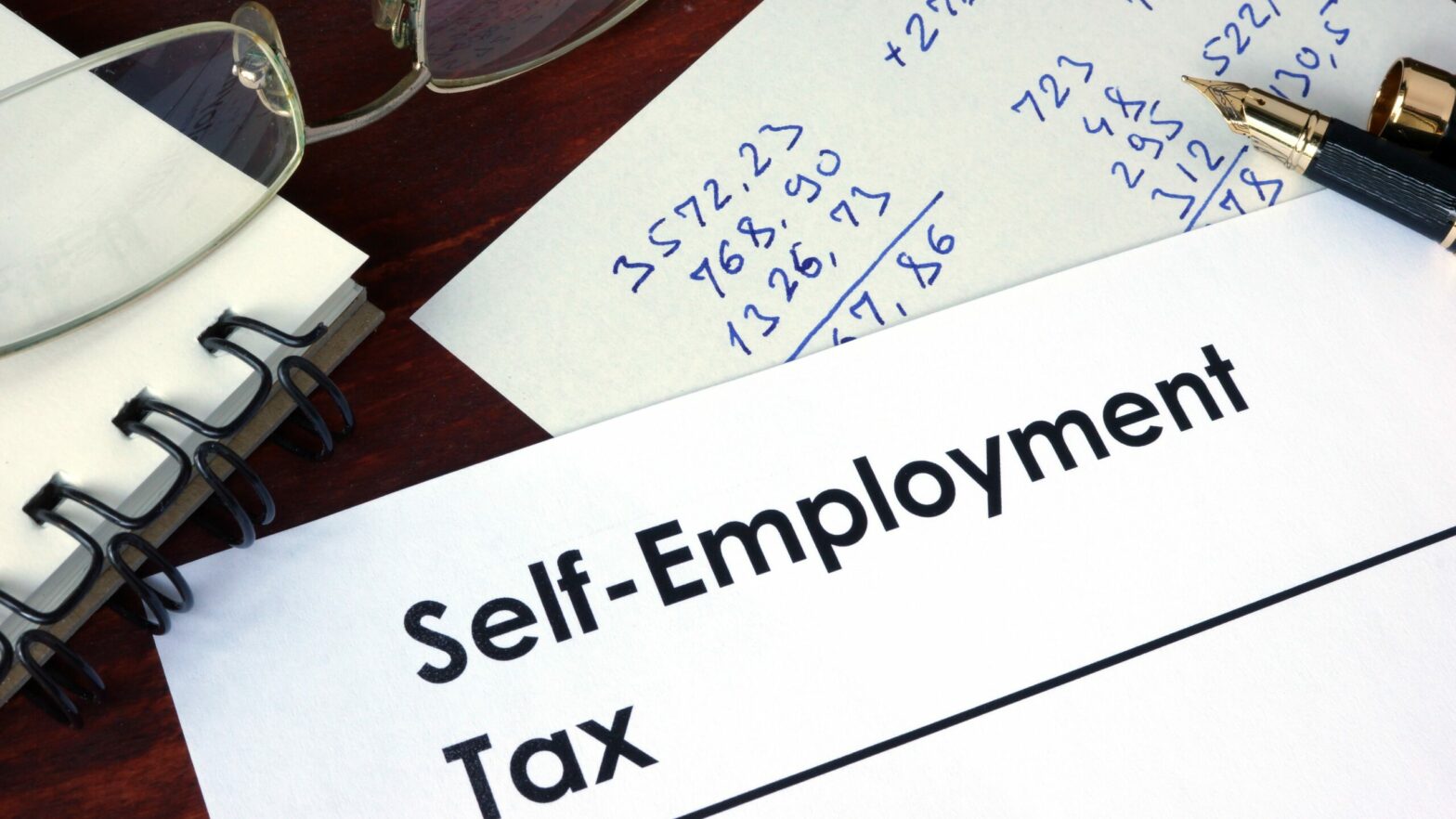Chancellor Sajid Javid has managed expectations about the Government lifting the national insurance threshold to £12,500 if it wins the election.
Blindsided by a question from a factory worker in Teeside as to whether tax cuts were for the rich, an apparently stung Boris Johnson blurted out that his government would be “cutting national insurance up to £12,000”.
Johnson said: “If you look at what we’re doing, and what I said in the last few days, we’re going to be cutting national insurance up to £12,000, making sure we cut business rates for small businesses, we are cutting tax for working people.”
>See also: Boris Johnson offers small firms nearly £500m worth of tax cuts
However, Javid told Sky News that the plan to raise the NI payment threshold to £12,500 is an “ambition” which will “not necessarily” be reached in the next parliament.
NICs are taken from workers’ salaries and used to fund the NHS, benefits and the state pension. Workers are charged 12pc on earnings between £8,628 and £50,000.
If re-elected the Conservatives would definitely raise the threshold for millions of small business workers for them to only start NI at £9,500 next year, compared with £8,632 right now. This would put an estimated £70-£80 annually in the pockets of 31m workers at a cost of £2.8bn a year.
However, this kind of NI reform does not come cheap. The Institute for Fiscal Studies says that it costs the Treasury £3bn for every £1,000 by which the NI threshold is raised. Raising the threshold to £12,500 would cost the Treasury around £12bn a year in lost revenue and put £650 each into workers’ pockets.
Meanwhile, Boris Johnson has scrapped a much-booed leadership campaign pledge to raise the higher-rate tax band from £50,000 to £80,000. Such a tax cut would have been funded by increasing everybody’s NICs.
Further reading
Boris Johnson hires Andrew Griffith to lead Downing Street business team





